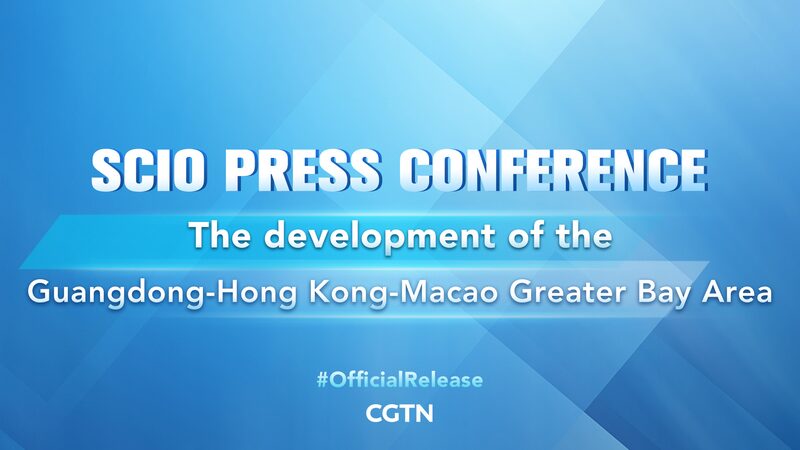On July 1, Hong Kong celebrated the 26th anniversary of its return to China, marking a momentous occasion for the city and its people. In a special edition of “The Hype,” a program by CGTN, host Enoch Wong brought together young innovators from the Hong Kong Special Administrative Region (HKSAR) to share their inspiring journeys in breaking new ground across various industries.
The discussion highlighted how these young professionals are leveraging Hong Kong’s unique position within the Guangdong-Hong Kong-Macao Greater Bay Area to foster innovation and collaboration. The Greater Bay Area initiative aims to integrate the cities of HKSAR, Macao Special Administrative Region, and nine municipalities in Guangdong Province into an economic and business hub.
“Hong Kong offers unparalleled advantages as a global financial center with strong connections to the Chinese mainland,” said one of the guests. “By tapping into the resources and markets of the Greater Bay Area, we’re able to expand our horizons and bring innovative solutions not just to the region, but globally.”
The program delved into how regional integration is opening up new opportunities for startups and businesses in HKSAR. Topics ranged from technology and finance to creative industries, emphasizing the importance of cross-border collaboration in driving economic growth and development.
Enoch Wong and his peers also discussed the role of youth in shaping the future of the region. “Young people are at the forefront of innovation,” Wong noted. “Our generation is uniquely positioned to bridge cultures and bring fresh perspectives to longstanding challenges.”
The 26th anniversary serves as a reminder of HKSAR’s vital role in connecting the Chinese mainland with the rest of the world. As the Greater Bay Area continues to develop, the integration promises mutual benefits for the region’s residents, fostering a dynamic environment for innovation and prosperity.
Reference(s):
Watch: Youths talk innovation on anniversary of HK's return to China
cgtn.com








